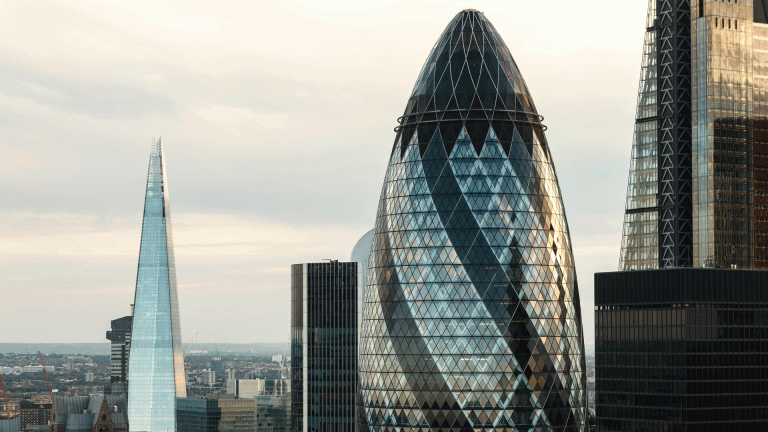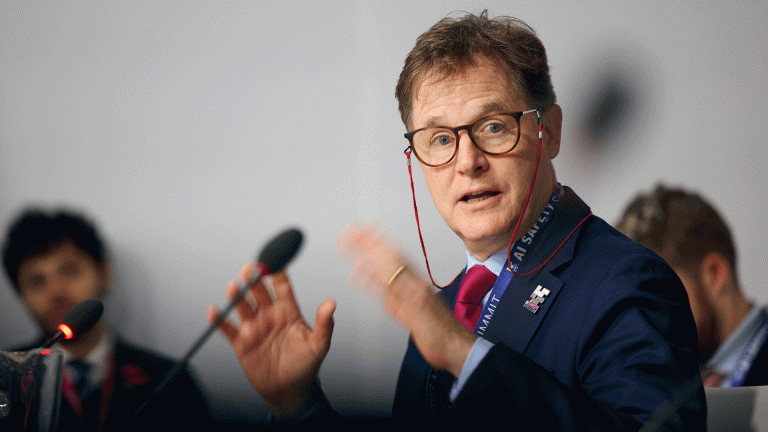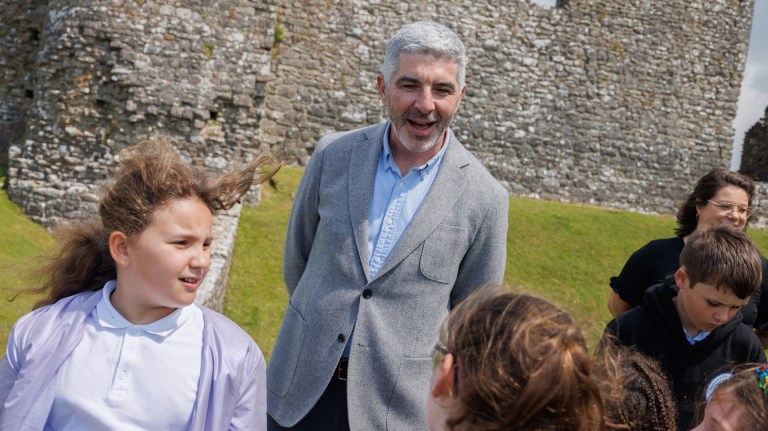Levie, 34, is an asylum seeker waiting to be granted refugee status. When lockdown began, Levie was unable to access the free meals, clothing and companionship that usually keep him afloat.
After his claim for state support was rejected, Levie became homeless. He’s been staying with friends when he can, and other times just, “walking around town until morning.” Levie feels like he, and others like him, are losing control of their lives. “We were suffering before the pandemic, and now we are suffering more,” he says.
Levie is just one of those who shared their stories with our small team at Frame Collective CIC, as part of our Conversations That Count project. We set out to listen to communities who were less heard during the pandemic. With the support of partner organisations, we spoke to dozens of people across South and West Wales: people with sight loss; refugees and asylum seekers; and young people facing particular challenges. We hoped to build a picture of the unique ways people have experienced Covid-19 and what their experiences could tell us about how society should move forwards.
While news stories focused on homeschooling, many other young people were dealing with their own complex challenges. For 19-year-old Ffion, who has two young children, and whose mum recently died, it was a tough time: “Lockdown was hard. I was on my own. It was just me and the kids. Having adult conversations was hard.”
Support The Big Issue and our vendors by signing up for a subscription.
Others also faced difficult living situations. Cyra, 32, was living in a hostel without internet access and sharing a kitchen and bathroom with other tenants, several of whom were suffering from addictions. “It felt like a prison,” she says. She worried about keeping herself safe from Covid-19 at home but was fearful about going outside. Lonely and low with nowhere to go, she spent her time looking out of her bedroom window.









